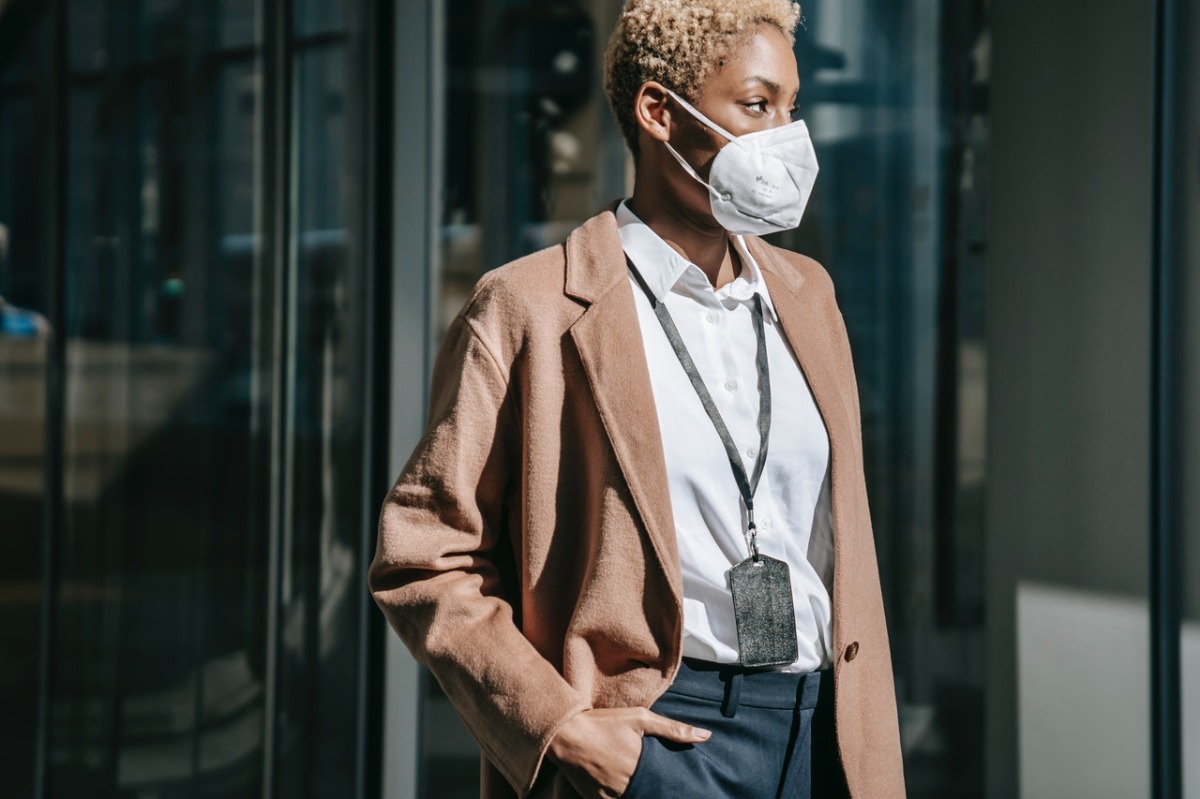In the United States alone, there were 5,333 fatal work injuries in 2019. That’s a staggering number that should make every employer cautious. Keep in mind that you must keep your employees safe, regardless of the kind of business you run.
Failure to enact workplace safety policies and systems puts you at a disadvantage. At best, the situation might dampen the morale of your workforce. At worse, you might end up defending your business from an expensive class-action lawsuit due to your employees’ chronically compromised safety.
With that said, it is in your best interest to invest in workplace safety. Here are a few recommendations you might want to adapt.
Provide PPE
Not all industries require workers to don personal protective equipment (PPE). For example, if you run a shop selling ready-to-use consumer goods, you’re exempt from providing PPE to your employees, given there’s no imminent threat in the workplace. However, if, for instance, you run a factory producing consumer goods, where your workers operate heavy or electrical machinery, you need a sufficient supply of PPE at your disposal.
Think full-body suits, earplugs, hard hats, and the likes. These will allow your workers to cater to their jobs with peace of mind.

Ensure that building maintenance is within schedule
Here the word building covers all physical spaces where business is conducted. It does not have to be a three-story building per see. Even if you run a small workplace, you are still expected to carry out routine maintenance work, especially on architectural and engineering details that might cause hazards.
For instance, your HVAC system. Your employees’ level of comfort will be affected if your heating or cooling systems do not work properly. Or you might be exposing your workforce to harmful chemicals or respiratory risks due to a poorly maintained HVAC system.
Proper waste management
This is most crucial to industries that generate toxic wastes. If you are in charge of a hospital, you cannot afford to cut corners when it comes to waste management. Instead of healing, you might exacerbate the medical conditions of your patients. And you are also putting your employees’ health at risk.
So make sure there’s proper waste disposal protocol. Purchase a commercial trash compactor to limit the space necessary for waste storage. Make it a point that garbage collection is always on schedule.
Use sufficient labels and signs
This applies to all industries. Keep in mind that common workplace hazards can be addressed by the simple use of labels and signs. For example, every time your custodian cleans your office hallway, they should employ a trip hazard or wet floor sign. That should warn everyone to be extra careful when navigating through the recently cleaned space.
For restaurants, all kitchen equipment should be labeled appropriately. While your kitchen staff will likely already know how to conduct themselves amid potentially risky equipment, it still pays to post helpful reminders.
Impose COVID-related safety protocols
In the past year, we have been introduced to yet another workplace safety concern. If your business is one of the lucky few that can continue its operation, you must keep your workers COVID-free while at work. Failure to do so subjects your operation to potential closure that can either be temporary or permanent. So do not risk it.
Conduct regular safety training
Ideally, workplace safety factors into the training you provide to employees. And, as much as possible, it should not be a one-time engagement. Every time you introduce new equipment or new systems or anything that disrupts your business’s usual operations, safety training is in order.
That’s because there’s no one-size-fits-all approach when it comes to workplace safety. You must always adapt to changes, and your entire organization should always stay on the same page.
Consider workplace safety as more than compliance. While you must follow the regulations imposed by governing institutions, there’s a need for your mindset about the subject to be recalibrated. You should look at it as your moral obligation, something you accomplish for the benefit of everyone, especially your workforce. After all, your employees are the lifeline of your business. Without them, you will have no labor to turn into profit.
So adapt the recommendations cited above. Consult with experts to go beyond the obvious and explore more avenues that will ensure your workers’ utmost safety. Be a leader in your industry and have other businesses follow suit. It will be a source of pride for you. And right there is your reward.




